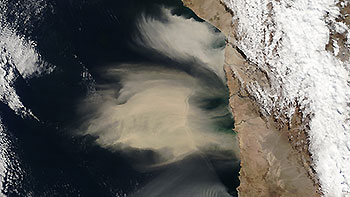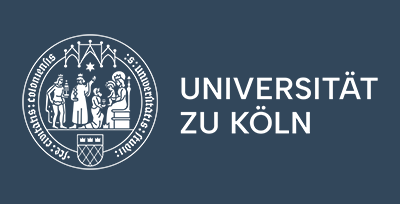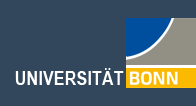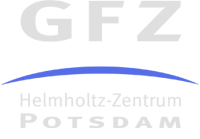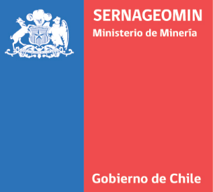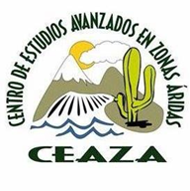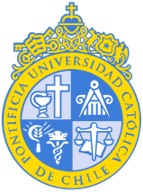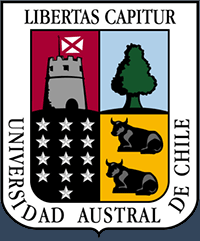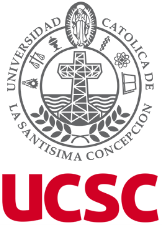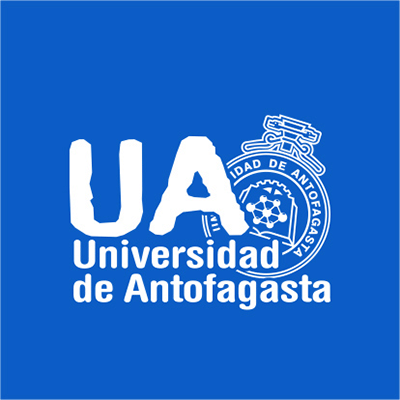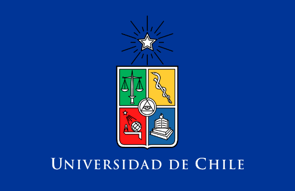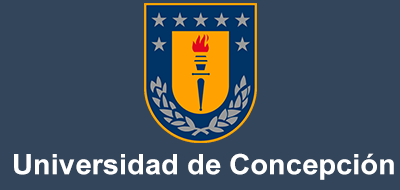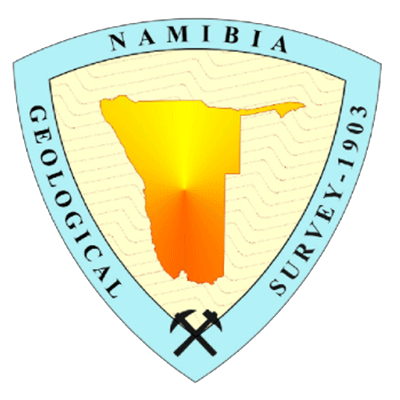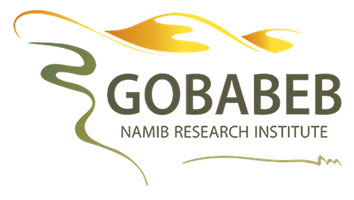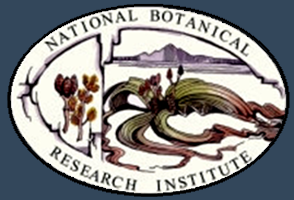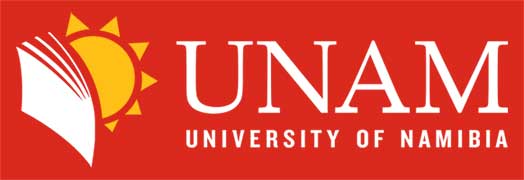
Project Introduction A3 - Aeolian transport
Statistical-dynamical modelling of aeolian processes in the Atacama Desert over geological time scales and their implications to life at the dry limit.
|
|
In project A03 we study weather types over the Subtropical Southeast Pacific. The focus of our research of these weather types in the Atacama Desert is their impact on climate and aeolian transport which plays a major role in shaping the surface. We study both present-day and paleo-climate conditions, going back from thousands to millions of years. To do this, a regional climate model (Weather Research and Forecasting Model, WRF) is used to simulate climate and surface processes on high spatial resolution to obtain detailed data on the conditions in the Atacama Desert. The overall goal of the project is to better understand the processes important for the geomorphological and biological evolution in this extremely dry region of the Earth, to test various hypotheses and provide paleo-climate and -environment data to other projects of the CRC.
“This is what I find particularly interesting. The CRC brings together researchers from different disciplines to study the extreme environment of the Atacama Desert.”
– Dr. Mark Reyers
For the first time, we have developed an objective classification of weather types for the Atacama region, which can be applied to global paleo-climate simulations and is useful for many other applications, such as the assessment of water resources and renewable energy resources. Further, a set of long-term regional climate simulations for the Atacama Desert under the present-day and paleo-climate conditions has been established and will be made available for the research community at large.
Publication:
- Reyers M, Hamidi M, Shao Y (2019): Synoptic analysis and simulation of an unusual dust event over the Atacama Desert. Atmospheric Science Letters. DOI:10.1002/asl.899 (https://rmets.onlinelibrary.wiley.com/doi/full/10.1002/asl.899)
- Reyers M, Shao Y (2019): Cutoff lows off the coast of the Atacama Desert under present day conditions and in the Last Glacial Maximum. Global and Planetary Change 181 (2019) 102983
Contact
Prof. Dr. Yaping Shao
Phone: +49 (0)221 470-3688
E-Mail: This email address is being protected from spambots. You need JavaScript enabled to view it.
Dr. Mark Reyers
Scientist in A3
Phone: +49 (0)221 470-7302
E-Mail: This email address is being protected from spambots. You need JavaScript enabled to view it.



